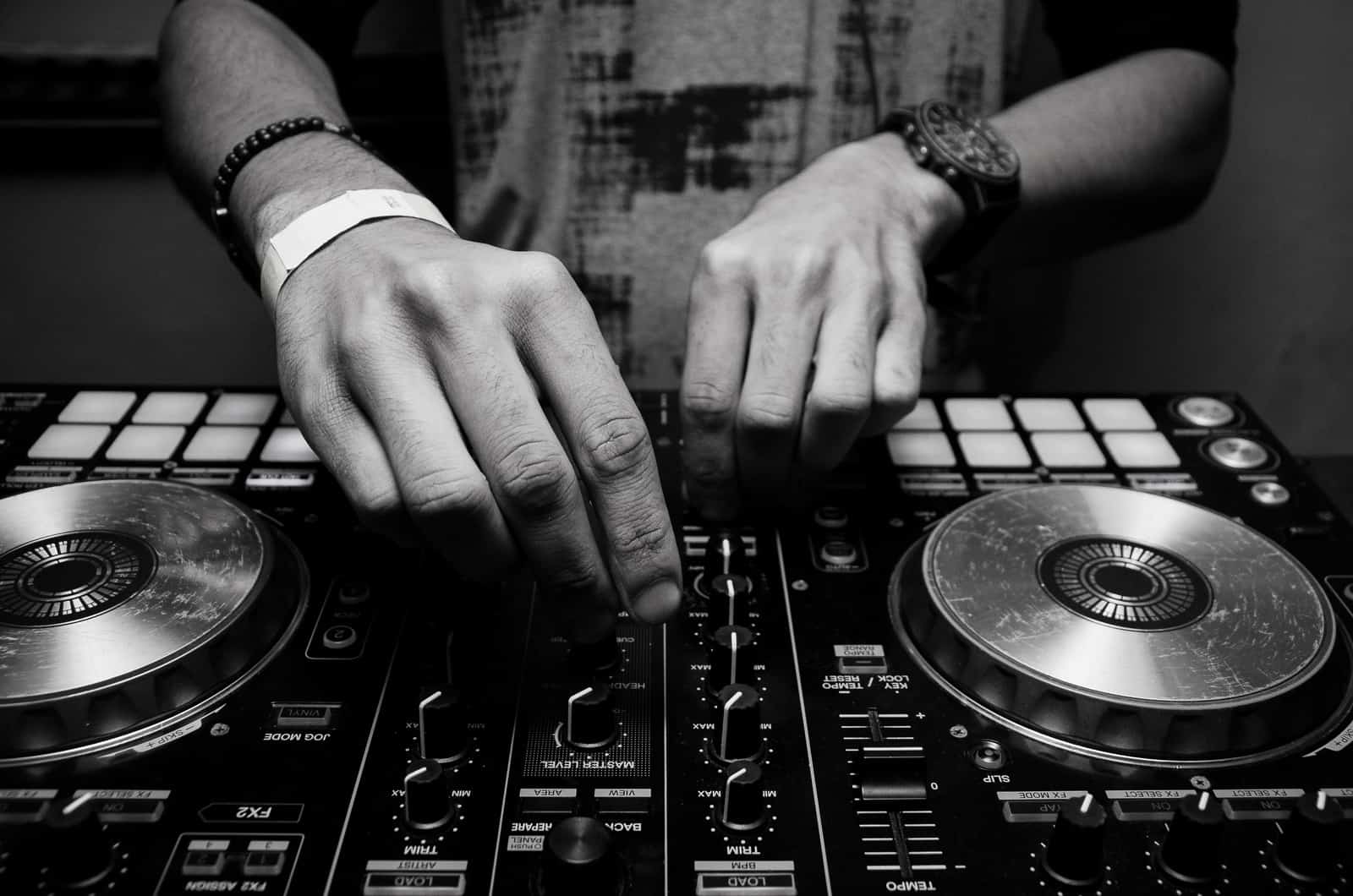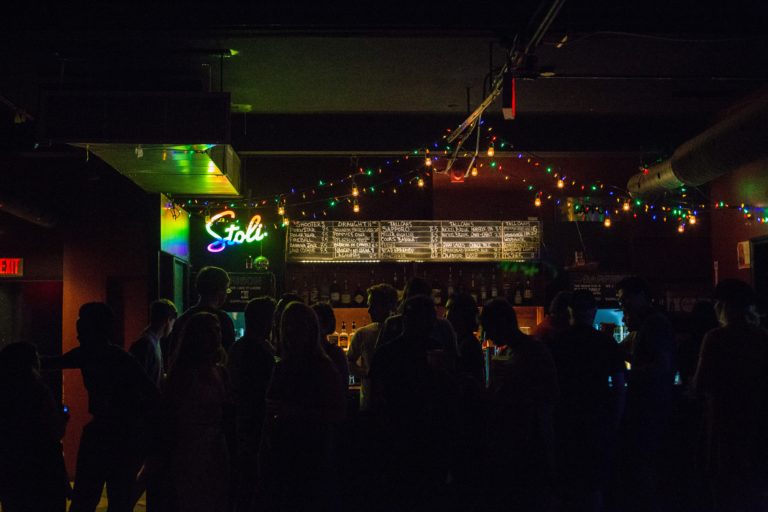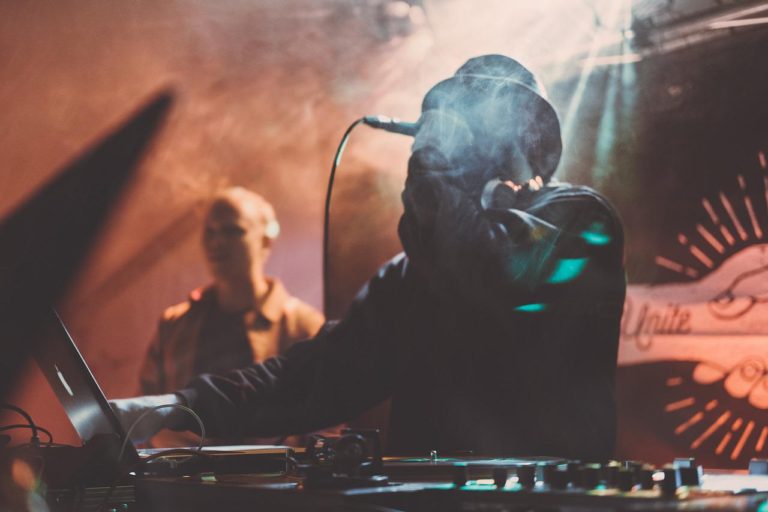DJs vs Producers: Are They The Same?
When looking at DJs vs producers, the untrained eye might think they are the same. Music professionals make music to be consumed by the masses.
However, the battle of DJs vs producers comes down to producers working in the studio across genres whereas DJs work and mix to live crowds to elicit a reaction.
Yet, the two roles remained virtually intertwined with one another. A quick look shows that an artist might shine as both across their career in the music industry.
The subtleties, however, help the roles differentiate to separate streams of the industry allowing others to shine where their true skills lie. So what should you know when it comes to the DJs vs producers battle?
Defining each role
Nailing down just exactly what a producer and a DJ is can be a tricky task. A brief overview of each role highlights their overarching similarities. For example, both roles require creating original works using a variety of instrumentation. Both see the main artist taking the creative lead in producing the song at hand.
Yet the differences arise thanks to just how everything gets put together. For producers, their home is very much the studio. They will be the ones putting everything together and creating the final output. It means working with other talent aside from themselves to put a composition together. This can be with one or multiple artists depending on the nature of a song.
That is where DJs come into their own. A DJ is responsible for creating mixes for an artist to enjoy on stage. This means finding new ways to put songs together to create a new listening experience. These new forms, or mixes, then get played to the audience creating organic tunes that are heard in person. Yet this is done using all pre-recorded items limiting the range of original content explicitly linked to that piece.
The similarities between DJs and producers
Despite the roles being slightly different, both share remarkably similar backgrounds to be successful in what they undertake. Indeed, it’s why many producers start as DJs before looking to expand their creative output.
It’s an output that is much deeper than artists looking for an extra payday. Instead, becoming successful in one, if not both roles, requires the same mindset and knowledge of the industry. So how do they share common ground?
Strong musical knowledge required
For any DJ or producer, musical knowledge is more important than anything else. It’s not just a case of playing with things and stumbling across good melodies. Instead, it needs the star to have deep musical knowledge to blend the right sounds.
It’s a point highlighted by Dr Paul Thompson, Reader of Music, Sound and Performance at Leeds Beckett University, who states that “producers and DJs must gain knowledge of the traditions of music production to rearrange the forms and repertoires of tradition.”
“This will allow them to make a creative contribution to producing new material. It can take numerous forms and involve the acquisition of different types of domain knowledge,” he adds.
What this effectively means is that no producer or DJ can operate without knowing the basics of music theory. This includes understanding the roles of song structures and instrumentation and putting it all together.
That includes looking at to how blend melodies with percussive layers. How different sections can be re-orchestrated or how two songs can combine to form a new sound – even if they are manipulated differently.
Experience within music realms
Not only do both DJs and producers need knowledge of musical structure but they also need to have real-life experience within the music industry. It’s why you often see producers coming from all realms of the industry.
This is something that Dr Thompson alludes to from his time within the industry showcasing producer Rick Rubin as a key example thanks to his DJ background. An example of this was Rubin being the brainchild for Run DMC & Aerosmith’s hit “Walk This Way” which fused rock and hip-hop.
“Rubin’s initial idea can be traced back to his involvement with the hip-hop scene in New York. Here, he was first exposed to how rock records were used in hip-hop performance,” Thompson explains.
“It helped Rubin internalize the stylistic and musical traits of genres,” he continues. “This helped Rubin learn how commercially recorded music differed from music performed in punk and hip hop clubs.”
This knowledge led Rubin to become one of music’s biggest producers with a net worth estimated to be over $300 million. It’s bolstered with production credits for megastars like The Beastie Boys, Metallica, Eminem and Red Hot Chilli Peppers.
The differences between DJs vs producers
Even though both roles require a good mix of theory and experience, the path to shining in both roles differs to a degree. You will find that not every great producer will be a great DJ. And vice versa. So where is it that these differences make an impact?
Engaging with the audience
Perhaps the biggest talking point is how the roles get read on audiences. Understandably, the read of an audience will be different for those who only work within one role. Producers are mostly studio-based, therefore, their interpretation of an audience is based on what sells. If a record sells well, then the work has found its right audience.
However, DJs get a natural sight of how audiences react to the music. By playing mixes live to an audience, they pick up on the vibes given by the crowd. Does it get people moving? Interacting with the music? The more audience reaction they get, the better that mix is going to be received.
This unique ability on audience perception is something that Thompson highlights gives DJs an advantage over some producers. ”Having a background in DJ’ing can help because they have an intimate knowledge of records that have been successful and see which records are preferred by audiences during a set,“ he explains.
What this shows is that the need to immediately anticipate an audience’s reaction is something that sits particularly in the forefront of a DJ’s mind when creating a composition. Something that producers don’t necessarily have to worry about when taking time to craft their songs.
A career evolution
What you will also find is that becoming a producer is something that many musicians can aspire to. Unlike DJs, producers come from many backgrounds – including being a DJ. Indeed, producers have all kinds of backgrounds in music including:
- Vocalist/Instrumentalist
- Engineering
- Songwriting
- Djing
Having such different backgrounds gives different producers a different edge over one another. Something that is key in the DJs vs producers battle.
“Producers and DJs acquire their knowledge in different ways,” Thompson explains. “These different contexts and settings help create arrangements in both linear and non-linear ways”.
There is proof of this as some of music’s biggest producers have emerged without the need to ever be a DJ. For example, Neal Avron gained his knowledge by being an audio engineer before becoming a producer for major acts such as Linkin Park, Fall Out Boy and Disturbed. Furthermore, RedOne was a songwriter who transitioned into producing becoming the brainchild to launch the likes of Lady GaGa and Nicki Minaj to superstardom.
There’s also been plenty of musicians who have evolved into successful producers with household names like Blink 182 bassist Mark Hoppus and rap icons like Dr Dre or Pharrell Williams becoming some of the biggest producers in modern music. It means that a producer can find multiple pathways to success without necessarily having to be a DJ to be successful in their venture.
Conclusion
There’s always going to be some natural crossovers in the battle of DJs vs producers. It comes despite the roles sharing many similar skill sets. This includes having a deep knowledge of music theory and history. And then combining it for audiences to consume on a grand scale.
However, the roles themselves do differ when you scratch beneath the surface. Many DJs excel when they are vibing from audiences – something producers don’t feel in a studio. However, a producer can come from within any part of the music industry – meaning no DJ knowledge is required to be successful. In the end, being a producer is something that many DJs will evolve into. However, that doesn’t stop the battle between DJs vs producers from ending with the casual onlooker.
Special thanks to Dr. Paul Thompson








